The Scientific Steering Committee (SSC) includes the Core Theme (CT) and Work Package (WP) leaders and co-leaders, and the project director (Christoph Heinze) and vice-director (Thorsten Blenckner). We present a short biography and contact details for members of the SSC.
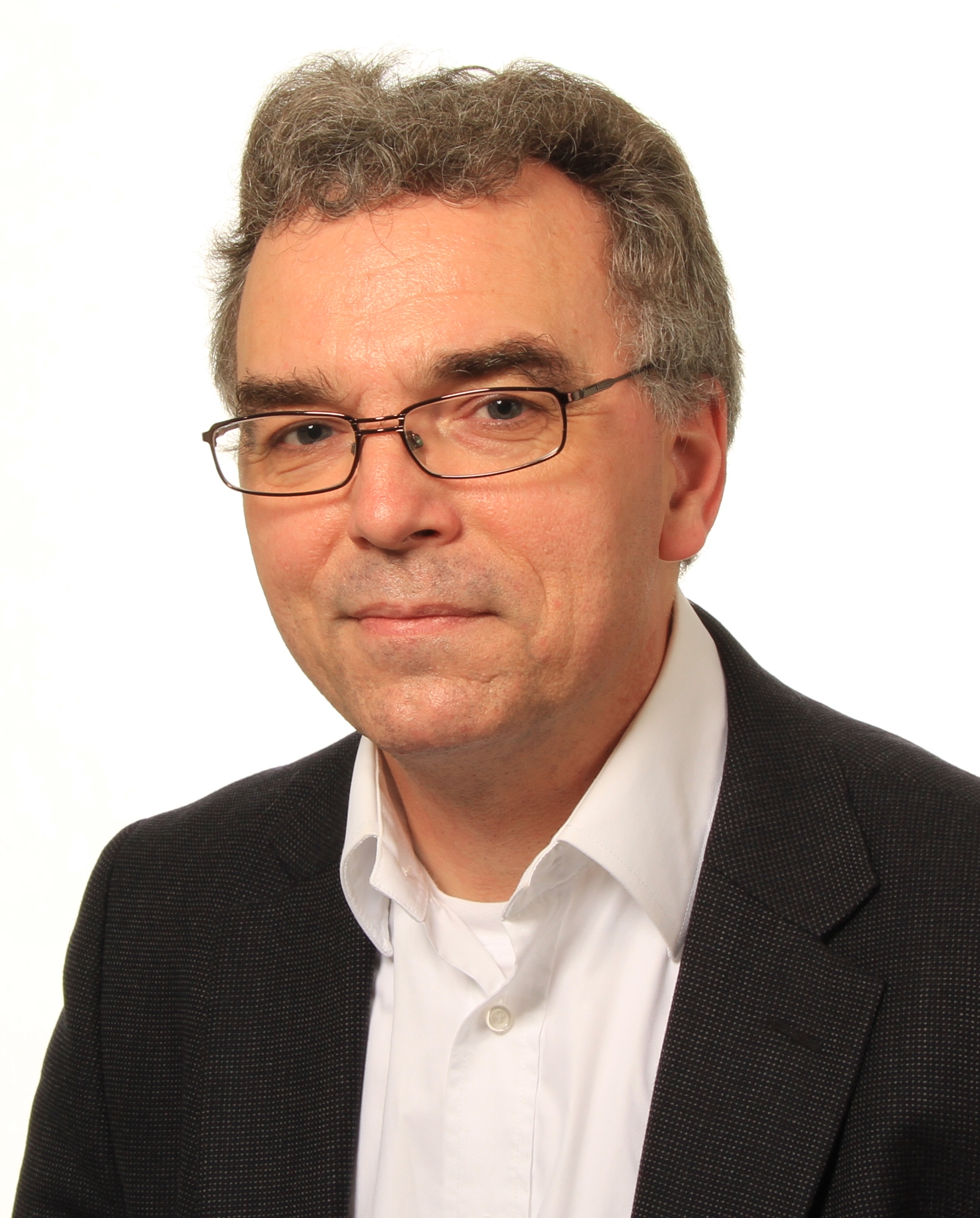
webpage: Christoph Heinze | UiB
e-mail: Christoph.Heinze@uib.no
Christoph Heinze - Project director & CT4 leader
Christoph Heinze is a biogeochemical oceanographer with 30 years’ experience in the field. He has specialized in global three-dimensional modelling of marine biogeochemical cycles with special emphasis on carbon and silicon. His specific research interests are devoted to feedback processes between climate and biogeochemical cycles, the understanding, interpretation, and simulation of the marine sedimentary paleo-climate archive, and the quantification of the global carbon and silicon cycles. He had coordinated the EU FP5 Integrated Project CARBOOCEAN and the EU FP6 large-scale integrating project CARBOCHANGE - both on the changing ocean carbon sink.
Heinze is the project director of COMFORT, as well as the leader of CT4 - Cross cutting issues - and co-leader of all the WPs (7-10) within this CT. Apart form coordinating the project , Heinze and his group work on Earth system model data evaluation with respect to tipping points, abrupt changes, irreversibility issues, and robustness of model results (WPs 1,2,6).
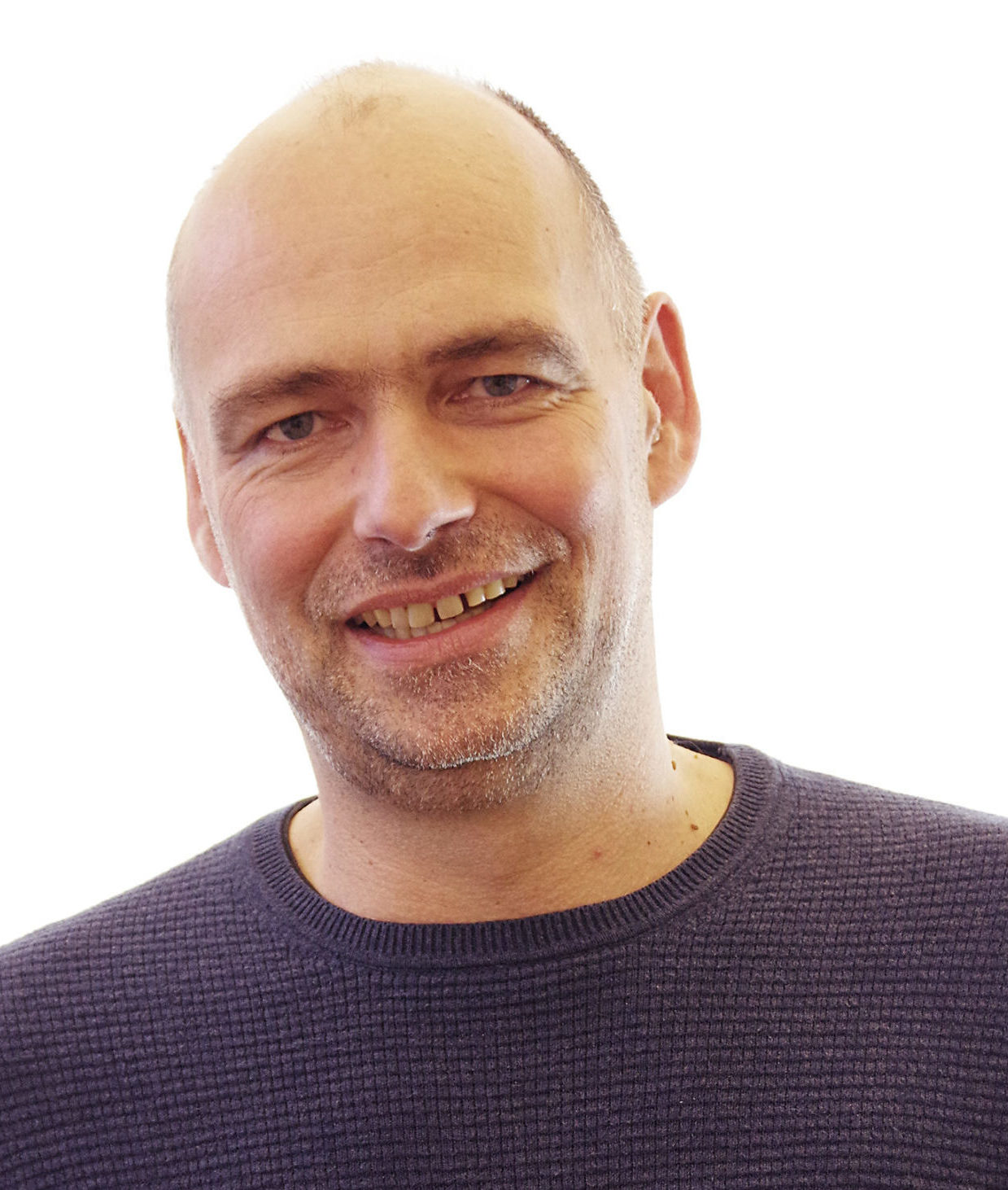
webpage: Thorsten Blenckner | SU
e-mail: thorsten.blenckner@su.se
Thorsten Blenckner - Project vice-director & WP4 leader
Blenckner holds a MSc in Biology and a PhD and docent in limnology. His current research is in developing and using advanced quantitative analysis and modeling tools to analyse the dynamics of marine systems. Blenckner focuses on further developing theoretical thinking of resilience, tipping points, novelty and ocean health through quantitative analysis of system responses to changes in climate and human activities. He is involved in many international projects such as the Baltic Health Index and a FORMAS project on cumulative impacts in the Baltic Sea. Blenckner has published over 70 peer-reviewed articles in both natural and interdisciplinary science journals. He is a Visiting Fellow of the National Center for Ecological Analysis & Synthesis (NCEAS) University of California, US. Since January 2021 he is a member of the European Marine Board of coastal resilience and the IMBeR Science Steering Committee.
He is the vice-director of COMFORT and leader of WP4 - Integrated impact assessment. His group at Stockholm University is contributing to the project with a system view of tipping points, novelty and the method development of safe operating spaces.
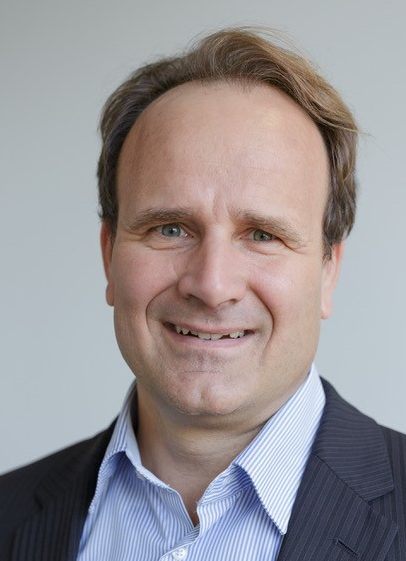
Nicolas Gruber - CT1 leader
Nicolas Gruber (Ph.D. 1997, University of Bern, Switzerland) is full Professor of Environmental Physics at ETH Zurich, Switzerland. He is interested in the ocean and its interaction with climate, with a strong focus on the global cycling of carbon and other biogeochemically relevant elements. In his studies, he combines the analysis of observations with modeling studies. He has written more than 180 peer-reviewed publication, with more than 25 of those having been published in the Nature and Science family of journals. For the last three years, he has been recognized as a highly cited author. He authored together with Jorge Sarmiento the textbook “Ocean Biogeochemical Dynamics” that has become a standard text in the field. In recognition of his outstanding contribution to Marine Sciences, Dr. Gruber received the Rosenstiel Award from the University of Miami in 2004. In 2012 he was elected fellow of the American Geophysical Union. He is chair of ETH’s Center for Climate System Modeling, is member of several international research boards and serves as a review editor for Science Magazine and as an editor for AGU Advances. He is also member of the governing board of Climate-KIC, the largest European public-private partnership fostering innovation in the field of climate change.
Within COMFORT he leads CT1 - Abrupt climate change, tipping elements, and tipping points - .
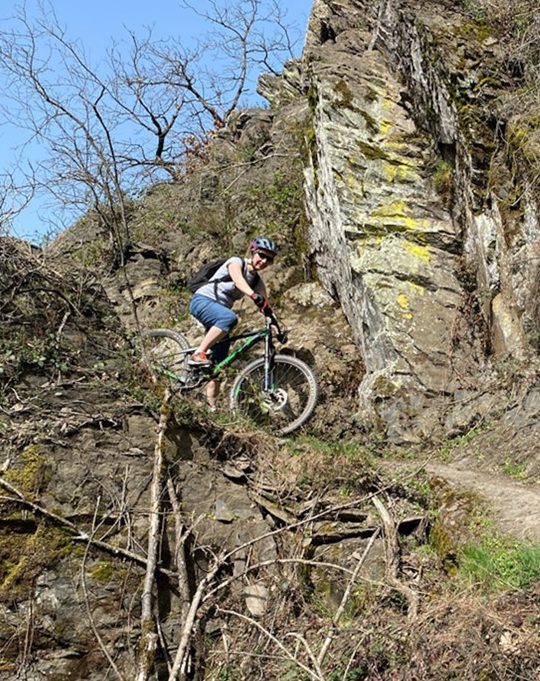
webpage: Marion Gehlen - LSCE
e-mail: marion.gehlen@lsce.ipsl.fr
Marion Gehlen - CT2 leader
Marion Gehlen is Research Director at LSCE (Laboratoire des Sciences du Climat et de l’Environnement), Gif-sur-Yvette, France. Her research focuses on (1) quantifying impacts of climate change, ocean acidification on marine biogeochemical cycles, ecosystems and associated feedbacks; (2) understanding recent and future evolution of the marine carbon cycle; (3) assessing the predictability of ocean biogeochemical state and its variability. Her approach combines biogeochemical modelling applied to process understanding and to the interpretation of observed, but also projected ocean biogeochemical states. She works across disciplinary borders by connecting omics and biogeochemical modelling, the development of high resolution physical-biogeochemical model systems for research and operational application, as well as the reconstruction of recent variability of the marine carbon system through innovative machine learning approaches.
Within COMFORT she leads CT2 - Impacts and safe operating spaces - and contributes a study on tipping points in subsurface benthic ecosystems
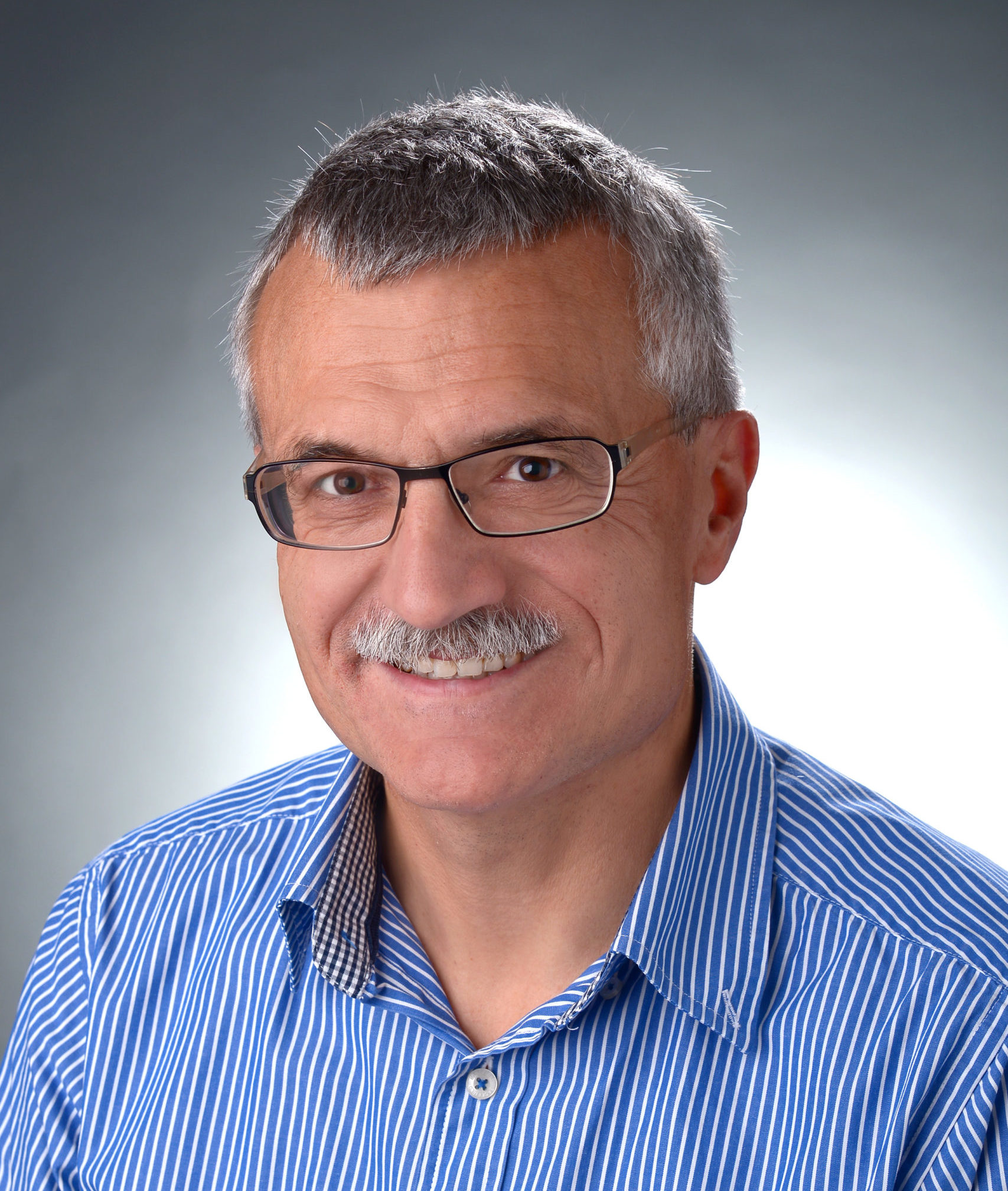
webpage: Fortunat Joos| UBERN
e-mail: joos@climate.unibe.ch
Fortunat Joos - CT3 leader
Fortunat Joos is a Professor of Physics at the University of Bern and interested in the scientific basics of climate change and the carbon cycle. He studied environmental physics at ETH Zürich and graduated at the University of Bern. Research stays followed at the University of Princeton and the National Centre for Atmospheric Research, Boulder, USA. He authored or co-authored more than 150 publications and is recognized as “Highly Cited Researcher” by Thompson Reuters. With his team, he develops and applies a hierarchy of Earth System Models. He investigates, by combining observational data and models, recent to glacial-interglacial periods for improved projections of greenhouse gas concentrations, ocean acidification, deoxygenation, and climate change and impacts over the 21st century and beyond.
Within COMFORT Fortunat serves as leader of CT3 - Mitigation and projections - and explores with his team safe operating spaces using large ensemble simulations.
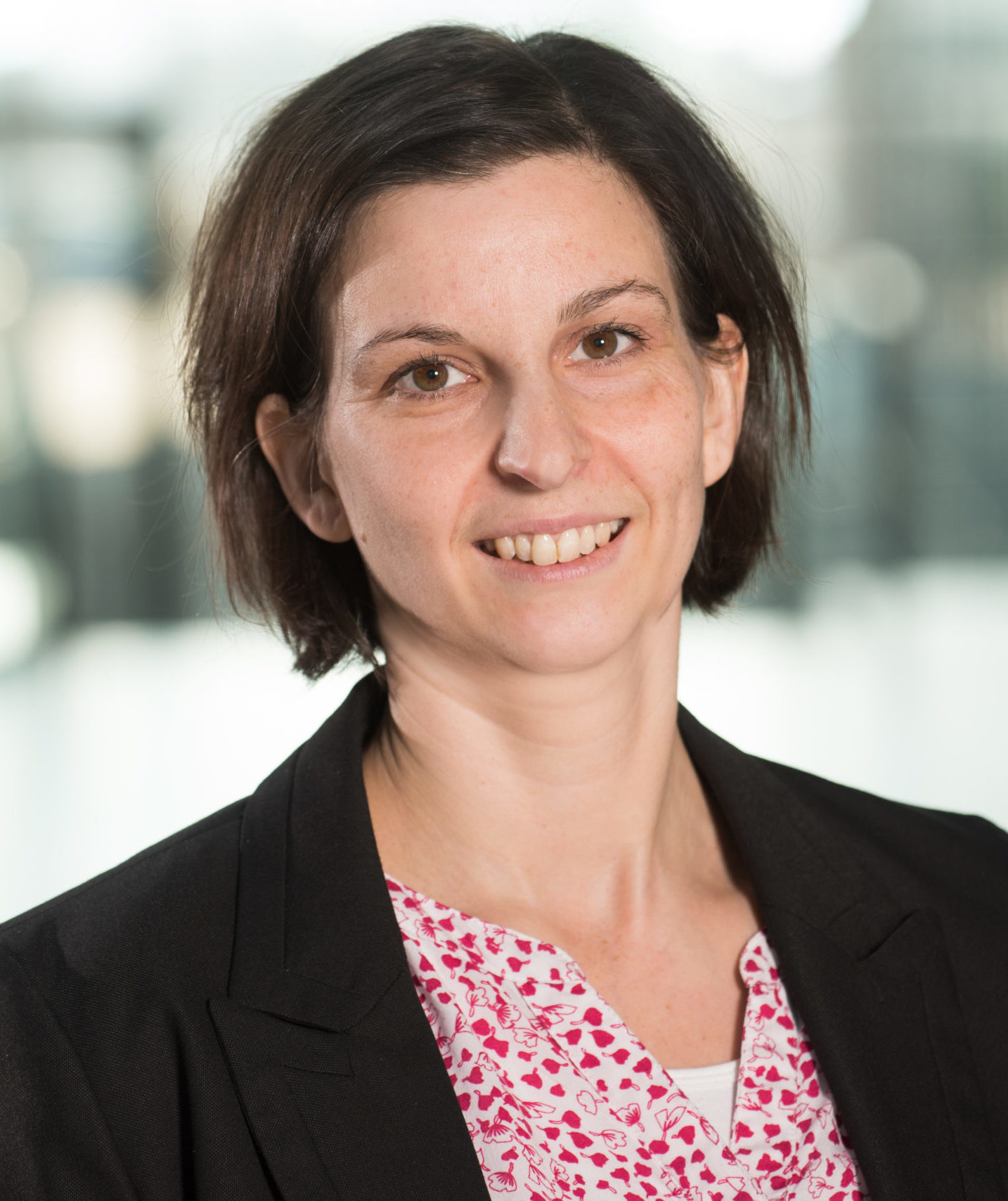
webpage: Judith Hauck| AWI
e-mail: judith.hauck@awi.de
Judith Hauck - WP1 leader
Judith Hauck studied marine environmental sciences in Oldenburg in Germany, before moving to AWI for her Ph.D. She was awarded the Annette-Barthelt Award for the best Ph.D. thesis, entitled “Processes in the Southern Ocean carbon cycle: Dissolution of carbonate sediments and inter-annual variability of carbon fluxes”, in the field of marine sciences in Germany. She is now head of the Helmholtz Young Investigator Group for MarESys, as well as the Deputy Head of Marine Biogeosciences at AWI. Coupled ocean and Earth system models are now her primary research tool, and among her main research interests are the amount of carbon dioxide absorbed by the ocean every year, the mechanisms behind marine carbon absorption, the future development of marine carbon sinks, and changes in the biogeochemical environmental conditions for marine life. She is a member of several international research committees working on the assessment and reporting on the global carbon budget and ocean carbon research. With regard to the annual carbon budgets prepared by the GCP, she is responsible for coordinating and analysing estimates of the ocean carbon sink.
Within COMFORT Judith co-leads WP1 - Ocean state under climate change and conducts research on Antarctic Bottom Water formation as a tipping point for carbon sequestration in the Southern Ocean and on changing ecosystem dynamics in the Arctic Ocean in response to reduced sea-ice cover.
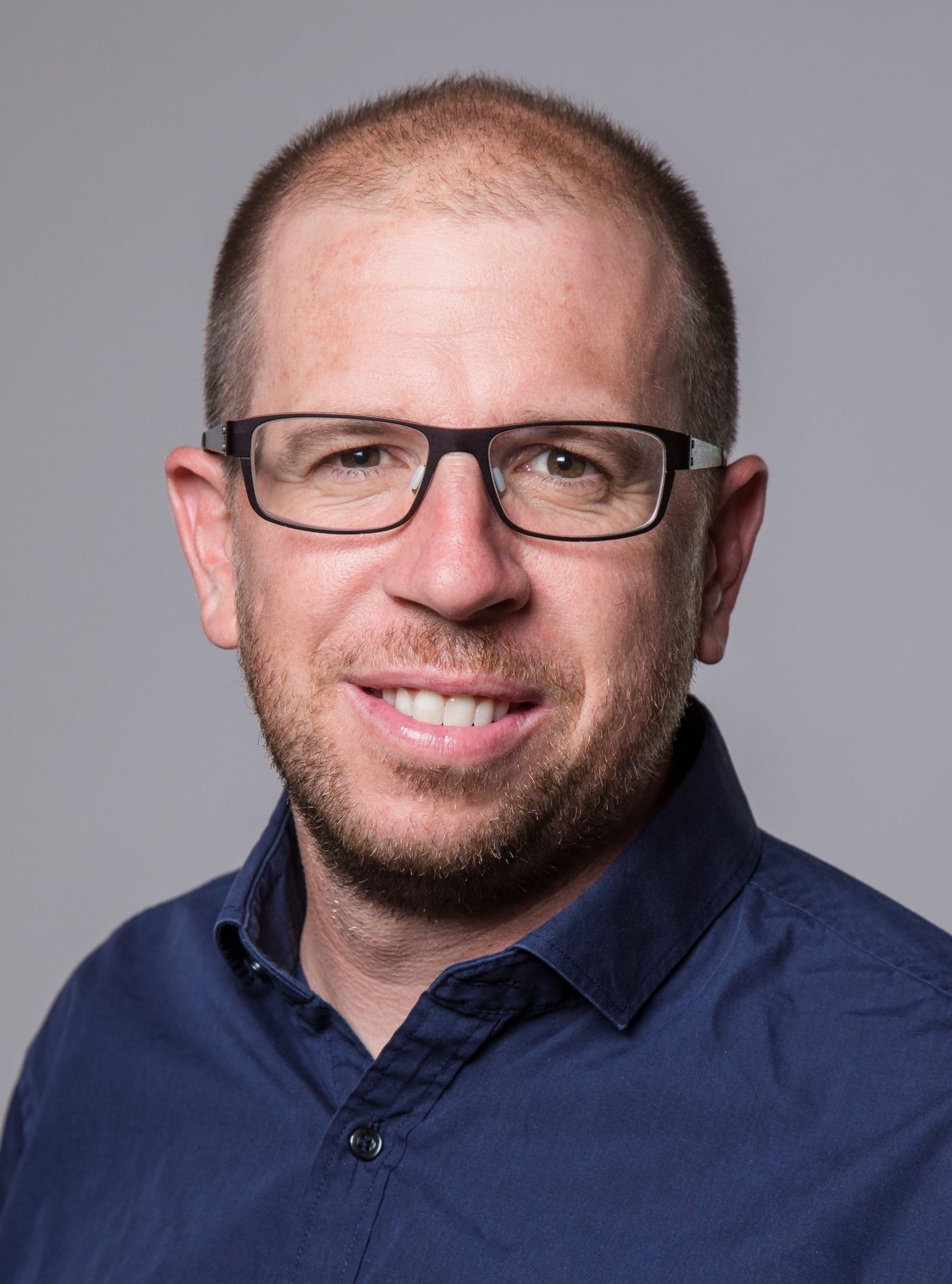
webpage: Thomas Frölicher | UBERN
e-mail: thomas.froelicher@climate.unibe.ch
Thomas Frölicher - WP2 leader
Thomas Frölicher is currently a SNSF Assistant Professor at the Climate and Environmental Physics Division of the University of Bern and the head of the ocean modelling group. He is interested in marine ecosystem-carbon climate interactions with focus on ocean extreme events and their impacts on marine organisms and ecosystem services. He studied environmental sciences at ETH Zürich and graduated in Physics at the University of Bern. He worked as a postdoctoral fellow at Princeton University and as a senior researcher at ETH Zürich. He is the recipient of the 2019 Theodor Kocher Prize of the University of Bern and he recently made it on Reuters‚ Hot 1000 Climate Change Researchers‘ list. Thomas authored or co-authored 75 peer-reviewed publications, including work on marine heatwaves. He was the lead author of chapter six on Extremes, Abrupt Changes and Managing Risks of the IPCC Special Report on the Ocean and Cryosphere in a Changing Climate, including the summary for policy makers, and contributed to the fifth and sixth assessment report of working group I and II of the IPCC.
In COMFORT he is the leader of WP2 - Dynamics, extremes, early warning indicators, and reversibility. In particular, Thomas and his group investigate the distribution and changes of extreme events such as marine heatwaves and ocean acidity extremes as well as compound biogeochemical extremes, and their role for crossing tipping points.
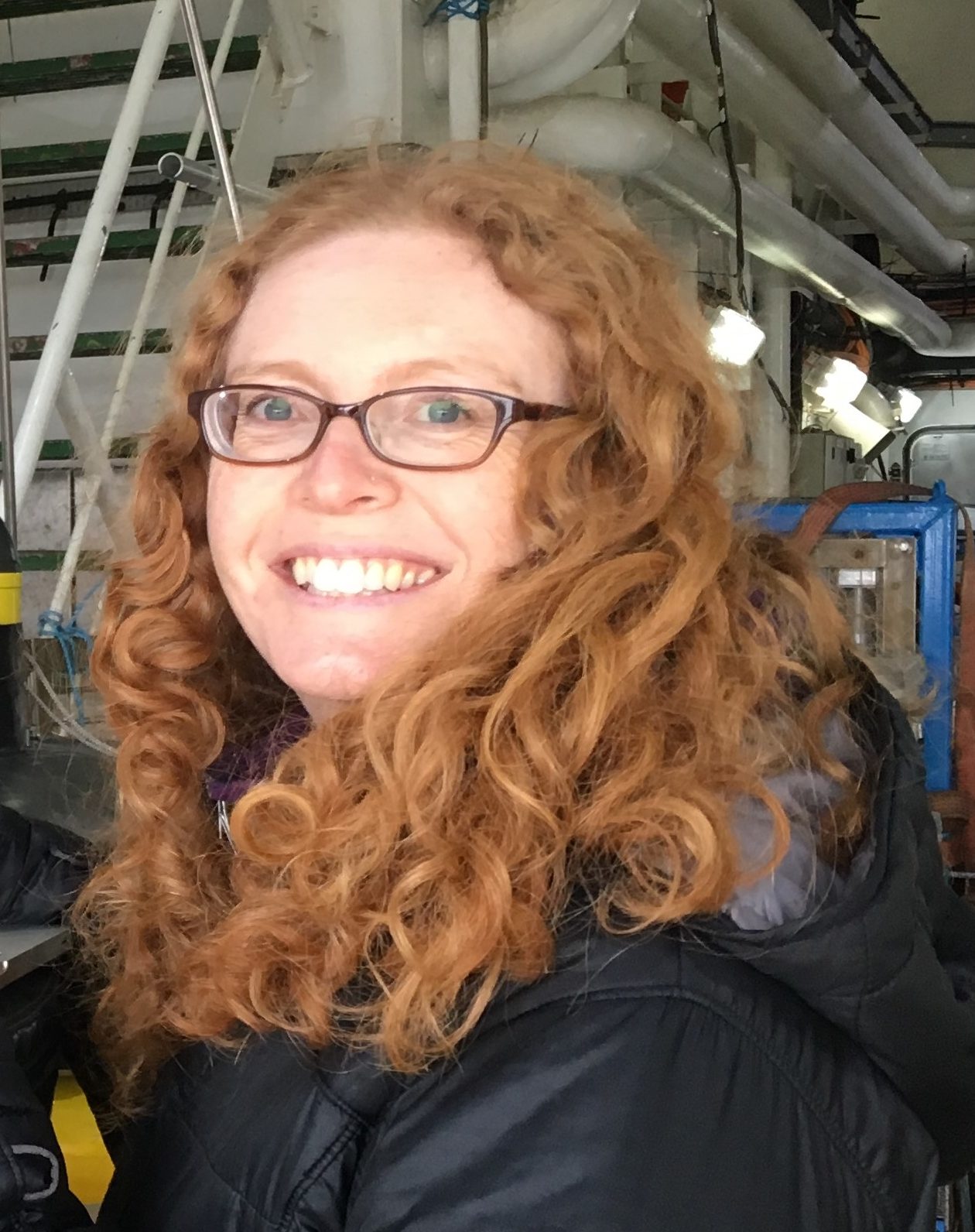
webpage: Stephanie Henson | NOC
e-mail: shen@noc.ac.uk
Stephanie Henson - WP2 co-leader
Stephanie Henson is a Principal Scientist at the National Oceanography Centre and Honorary Professor at the University of Southampton. She leads an active research group in global marine biogeochemistry, currently made up of 18 research staff and students. Her particular research interests aim at understanding natural variability and climate change effects on phytoplankton populations and subsequent impacts on the biological carbon pump. Her research exploits autonomous vehicles, satellite and in situ data, as well as output from biogeochemical models. In 2012, she received the EGU Award for Outstanding Young Scientist for her ‘fundamental contribution to the study of marine ecosystems’ and in 2016 she was awarded a prestigious European Research Council Consolidator Grant. She is a lead author on the Intergovernmental Panel on Climate Change’s 6th Assessment Report, on the chapter “Carbon and other biogeochemical cycles and feedbacks”.
Steph co-leads COMFORT WP2 - Dynamics, extremes, early warning indicators, and reversibility and her personal research in the project centres on assessing future change in phytoplankton diversity in response to climate change.
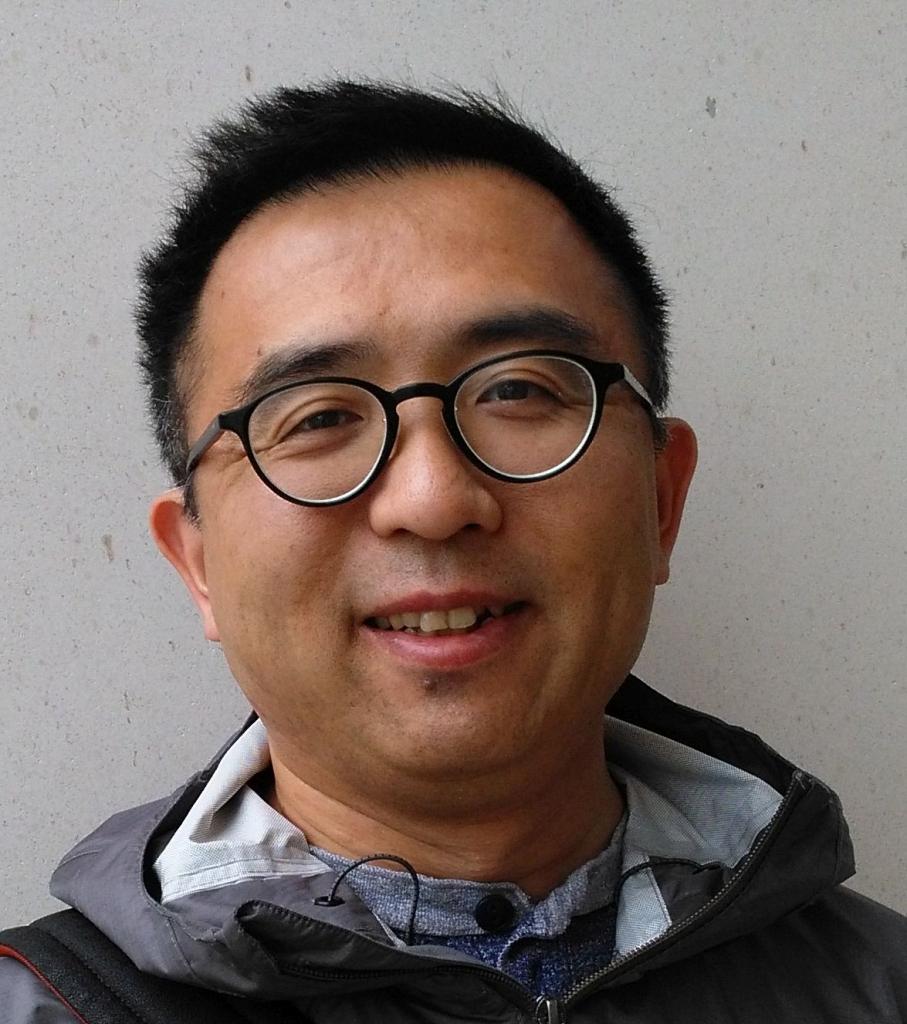
webpage: Tsuyoshi Wakamatsu | NERSC
e-mail: tsuyoshi.wakamatsu@nersc.no
Tsuyoshi Wakamatsu - WP3 leader
Tsuyoshi is a physical oceanographer who was born, grew up and was educated in Hokkaido Island of Northern Japan. After finishing his Ph.D on a topic of ocean mesoscale dynamics and data assimilation, he took a journey to the far North, Fairbanks Alaska, where he learnt how to survive freezing cold days in the fifty degrees below zero temperatures and sleepless nights in the midnight sun. After good four years life in the North, he moved to Vancouver Island, BC Canada to work at the Department of Fisheries and Oceans Canada, where he found his first interest in coupling between marine ecosystem and ocean physics. He has also established his passion for operational oceanography for ocean and sea ice and outrigger canoe puddling during his life on the island. After leaving the island, he moved back to his mother country and worked for developing ocean reanalysis product, operational forecast system for pelagic marine habitat, dynamical downscaling of future ocean projection and studied its impact to marine biogeochemistry (BGC). Missing polar oceanography, he started to work on the Arctic Ocean studies at the Nansen Center in Bergen Norway since 2017. At the MOSAiC meeting in 2018, his old friend in Alaska said, “people say ice is addictive”, which turned out to be true. Nowadays his focuses are on ocean BGC reanalysis of the Arctic Ocean with ensemble Kalman filter, study on physics-BGC coupled ocean data assimilation system, BGC parameters retrieval from the Argo floats in the Nordic Seas by machine learning and analysis of future ocean projection and its impact to marine ecosystem of the Arctic Ocean and the Nordic Seas.
Within COMFORT, Tsuyoshi leads WP 3 Impacts, risks, thresholds: Case studies. In particular, Tsuyoshi leads research effort on tipping points (migration and emergence) of surface-ocean biogeographical provinces under climate-change scenarios represented in CMIP5/6 products with special focus on the Arctic, where rapid change in sea-ice conditions may trigger the emergence of new biogeographical provinces.
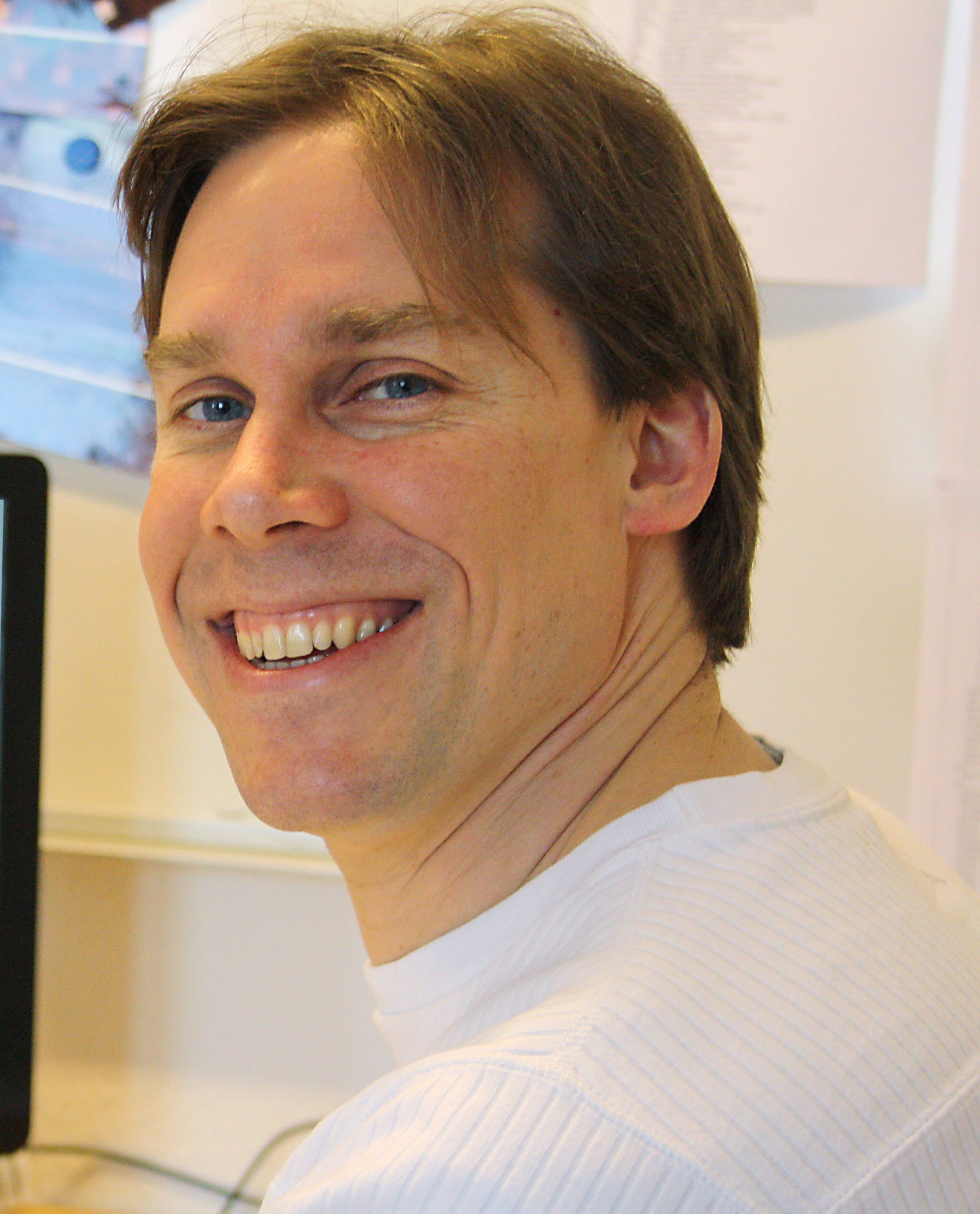
webpage: David Keller | Geomar
e-mail: dkeller@geomar.de
David P. Keller - WP5 leader
David Keller completed a Ph.D. in Marine, Estuarine, and Environmental Science from the University of Maryland in 2010 and then joined the Marine Biogeochemical Modelling Department at GEOMAR in Kiel where he is now a senior research scientist. David uses Earth system models to conduct much of his scientific work. His research expertise and interests include assessing the potential and feasibility of carbon dioxide removal (negative emissions) approaches for climate change mitigation, understanding feedbacks between biogeochemical cycles and the climate, and investigating interactions between marine ecosystems and biogeochemical cycles. David currently leads the EU Horizon 2020 project OceanNETs, and co-leads the Carbon Dioxide Removal Model Intercomparison Project (CDRMIP). He is a contributing author on the topic of carbon dioxide removal to the forthcoming Intergovernmental Panel on Climate Change Report (Working Group I Sixth Assessment; AR6).
Within COMFORT, he leads WP5 - Ocean mitigation options assessment. In particular, David leads a research effort to assess if ocean-based carbon dioxide removal options can be used to mitigate climate change and avoid tipping points.
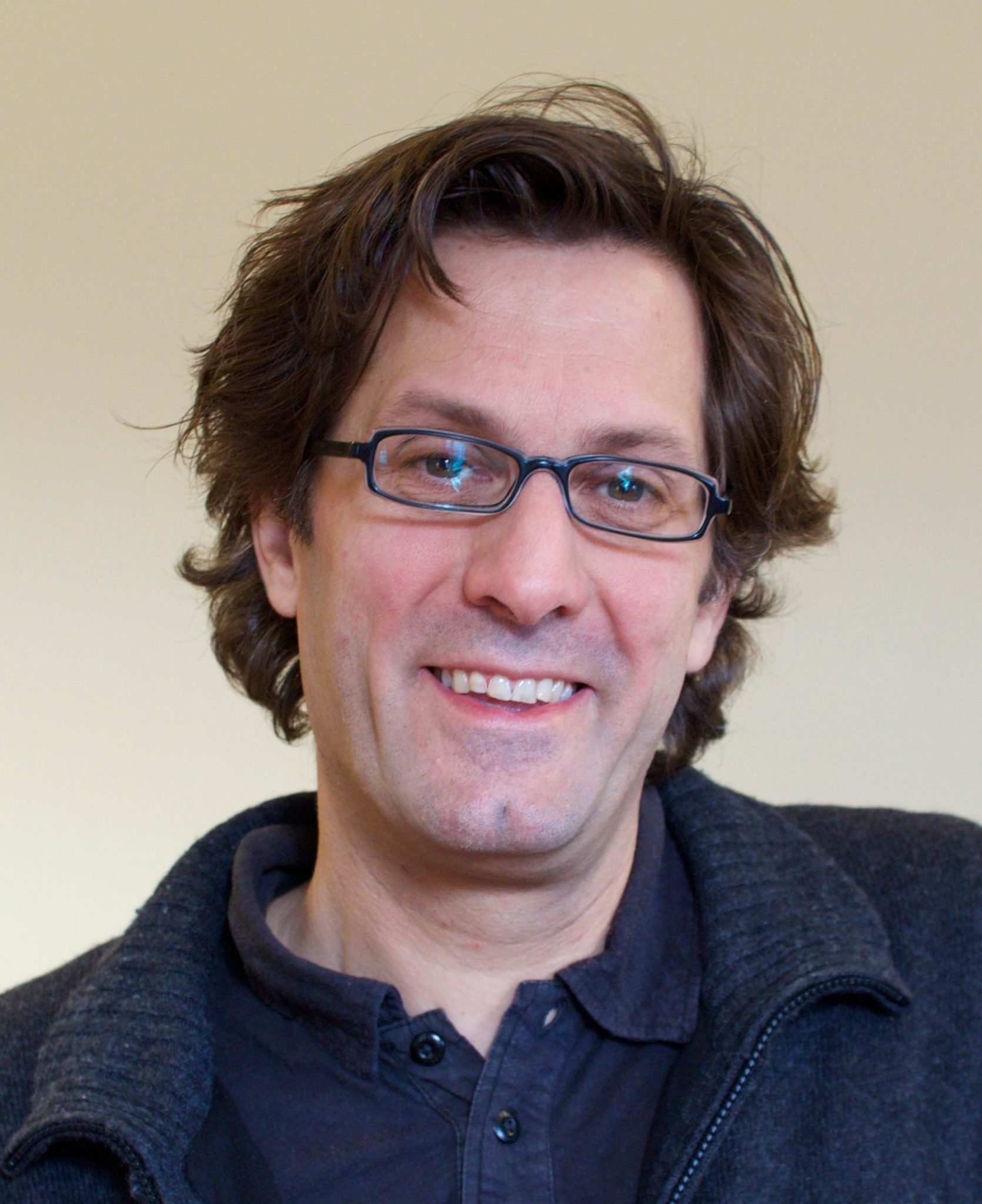
webpage: Jörg Schwinger | NORCE
e-mail: jrsc@norceresearch.no
Jörg Schwinger - WP6 leader
Jörg Schwinger has a broad background in earth system modelling. After studying Geophysics he obtained a PhD from the University of Cologne (Germany). The topic of his PhD was assimilation of stratospheric chemistry observations into an atmospheric model. After some work on data assimilation for land surface models, he moved to Bergen (Norway) where he started to work on biogeochemical cycles in the Earth system. Generally speaking, he is interested in the interactions of these cycles with the climate system and in describing these complex processes with numerical models. He has been one of the main developers of the ocean biogeochemistry module of the Norwegian Earth System Model (NorESM) over the past years.
In the COMFORT project, he leads WP6 - Projections and works on assessing how well Earth system models are able to project the evolution of ecosystem stressors (temperature increase, oxygen decline, acidification) under a changing climate, and on narrowing down the uncertainties in these projections. He is also interested in assessing climate mitigation pathways and options using Earth system model scenario simulations and experiments.
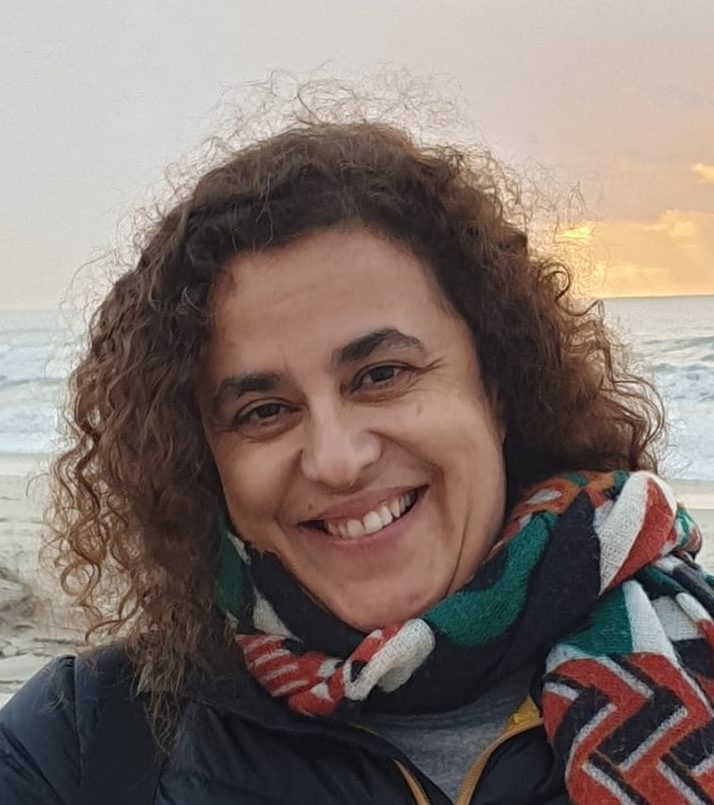
webpage: Helena Martins | SMHI
e-mail: helena.martins@smhi.se
Helena Martins - WP7 leader
Helena Martins has a PhD in Sciences Applied to the Environment, from the University of Aveiro and a MsC in Economics and Policy of Energy and the Environment, from the Technical University of Lisbon. In 2016 Helena moved to Sweden to work as science communicator at the Rossby Centre, the climate modelling research unit at the Swedish Meteorological and Hydrological Institute. She engages in climate science communication towards the general public, others researchers and decision-makers. Helena led the knowledge dissemination task in the H2020 CRESCENDO project.
In COMFORT she leads WP7- Providing added-value to decision and policy makers and is responsible for the stakeholder engagement. Her goal is to incorporate stakeholder knowledge and expertise in COMFORT’s ongoing work to help shape the project’s final outcome and to make project results easily accessible for stakeholders.
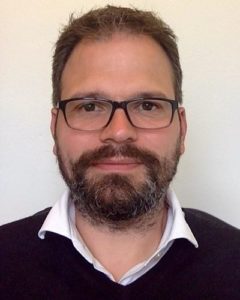
webpage: Benjamin Pfeil | UiB
e-mail: benjamin.pfeil@uib.no
Benjamin Pfeil - WP8 co-leader
Benjamin Pfeil is the head of the Bjerknes Climate Data Centre at the UiB (Norway) and has been the Acting and Deputy Director of the Ocean Thematic Centre of RI ICOS. He has been involved in major international data management efforts in the field of marine biogeochemistry (SOCAT and GLODAP) and his group has been responsible for the data management for more than 25 projects. He has a strong link to the international scientific marine biogeochemistry and data management community through various networks. He is currently co-chair of the data sub-committee for SOOS. His group is leading marine data activities ICOS OTC and Norwegian EMSO.
Benjamin is involved in the COMFORT project as a data manager and leads WP8 - Data management. He is in charge of providing continuous technical and organizational data management for observational and model output data within the project. His group also provides a common disk space for exchange of new COMFORT data sets as well as for sharing access information to already existing data sets.
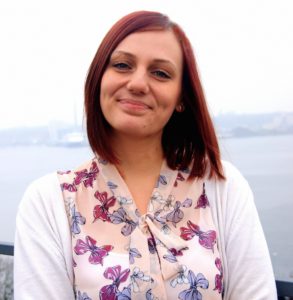
webpage: Dagmara Rusiecka | UiB
e-mail: Dagmara.Rusiecka@uib.no
Dagmara Rusiecka - WP9 & 10 leader, WP7 co-leader
Dagmara Rusiecka completed her PhD in biogeochemistry of trace metals at the National Oceanography Centre in Southampton (UK) and GEOMAR Helmholtz Centre for Ocean Research in Kiel (Germany). In 2019 Dagmara moved to Bergen to start a position of the COMFORT project manager at the Geophysical Institute, University of Bergen and the Bjerknes Centre for Climate Research.
Dagmara is an overall project manager and a communication manager of COMFORT, as well as a leader of WP9 - Management and communication and WP10 - Ethics requirements, and co-leader of WP7 - Providing added-value to decision and policy makers. She is responsible for development and execution of the internal and external communication plan, coordination the work between all work packages, as well as external networking with other national and international projects, agencies and stakeholders.
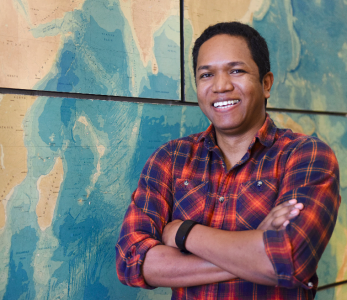
webpage: Juliano Ramanantsoa | UiB e-mail: heriniaina.j.ramanantsoa@uib.no
Juliano Ramanantsoa - WP9 & 10 leader, WP7 co-leader
Juliano is a physical oceanographer, specializing in ocean dynamics, focusing on ocean modelling as well as in pure observational oceanography. He is the new the COMFORT project manager at the Geophysical Institute, University of Bergen and the Bjerknes Centre for Climate Research.
Juliano inherited all previous tasks of the project managers. He primarily provides administrative supports and correspondences in COMFORT, as well as a leader of WP9 - Management and communication and WP10 - Ethics requirements, and co-leader of WP7 - Providing added-value to decision and policy makers. He is responsible for development and execution of the internal and external communication plan, coordination the work between all work packages, as well as external networking with other national and international projects, agencies and stakeholders.